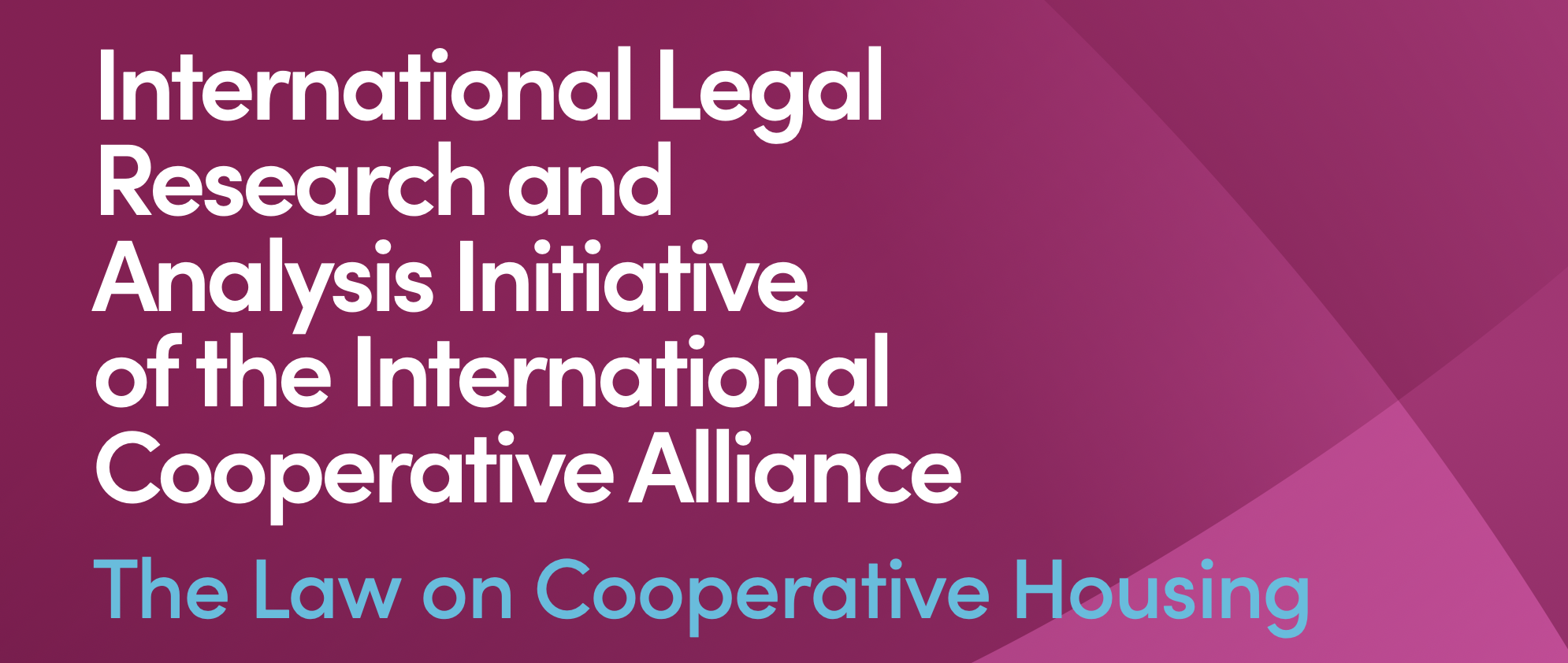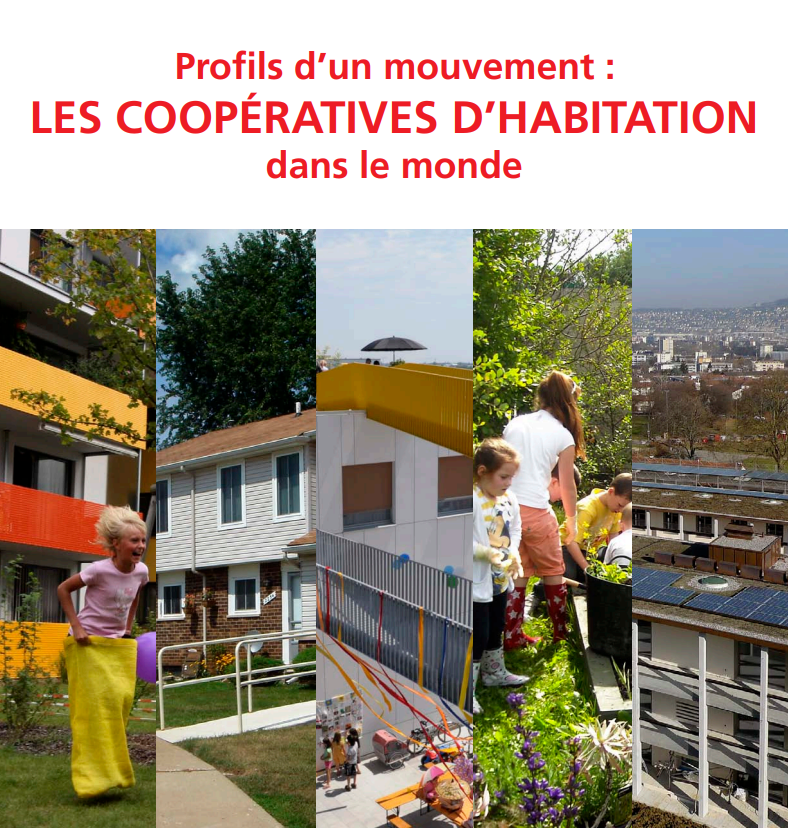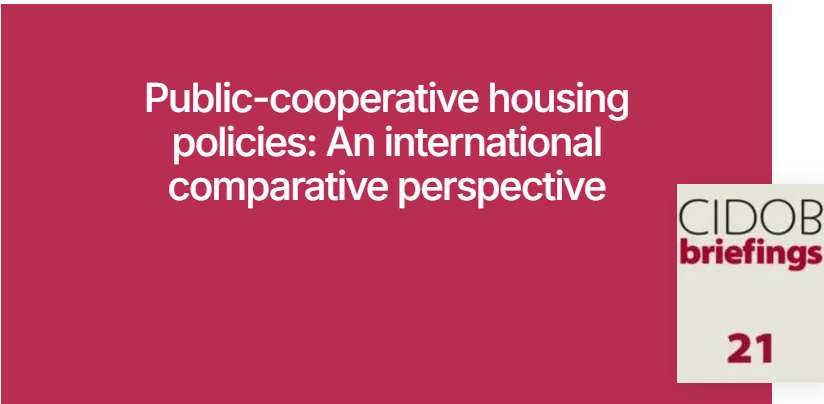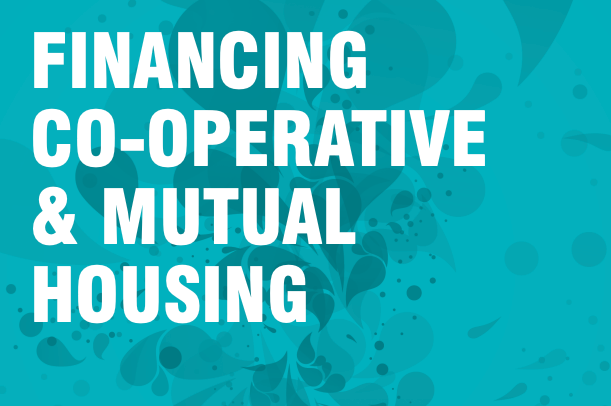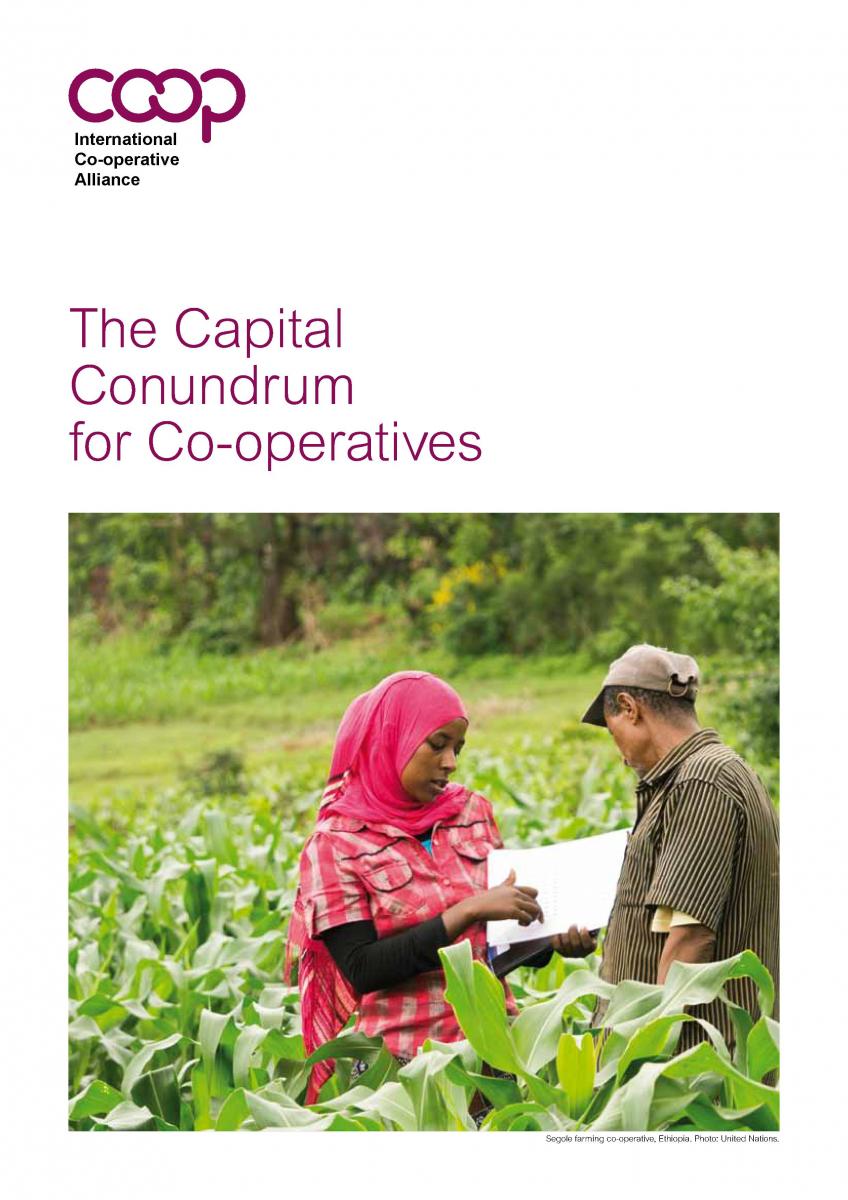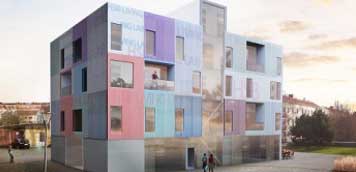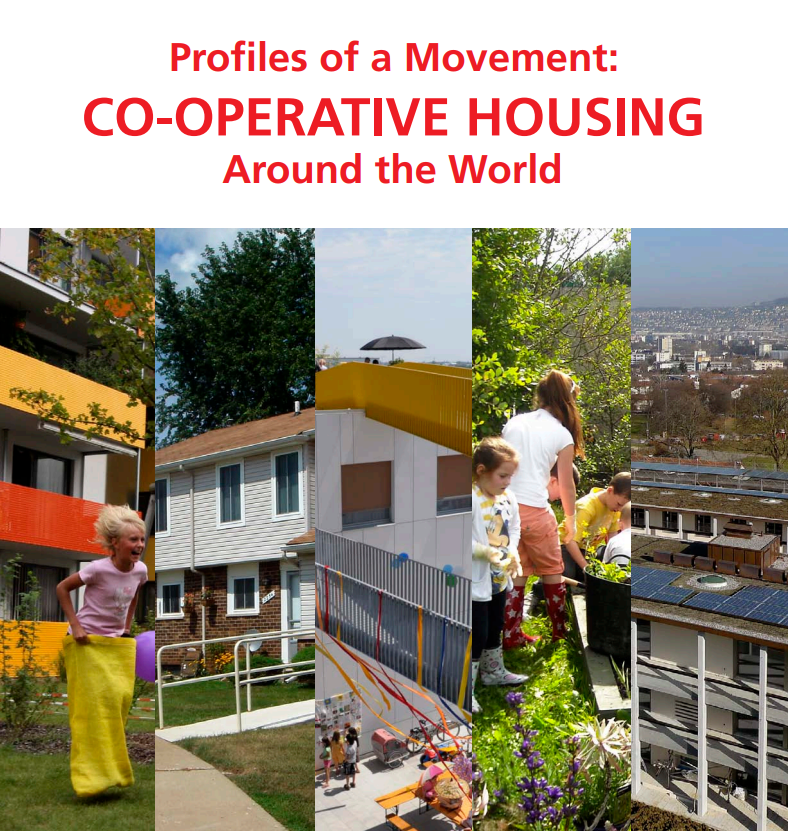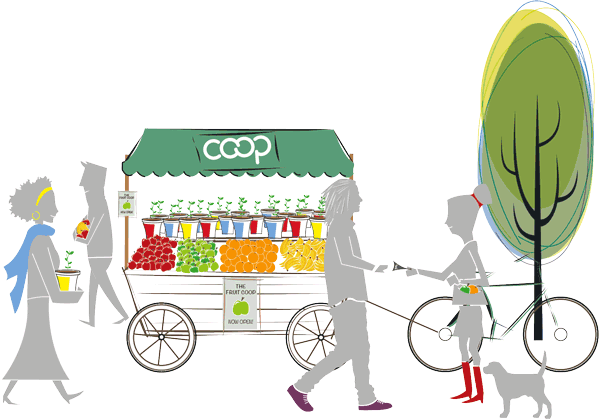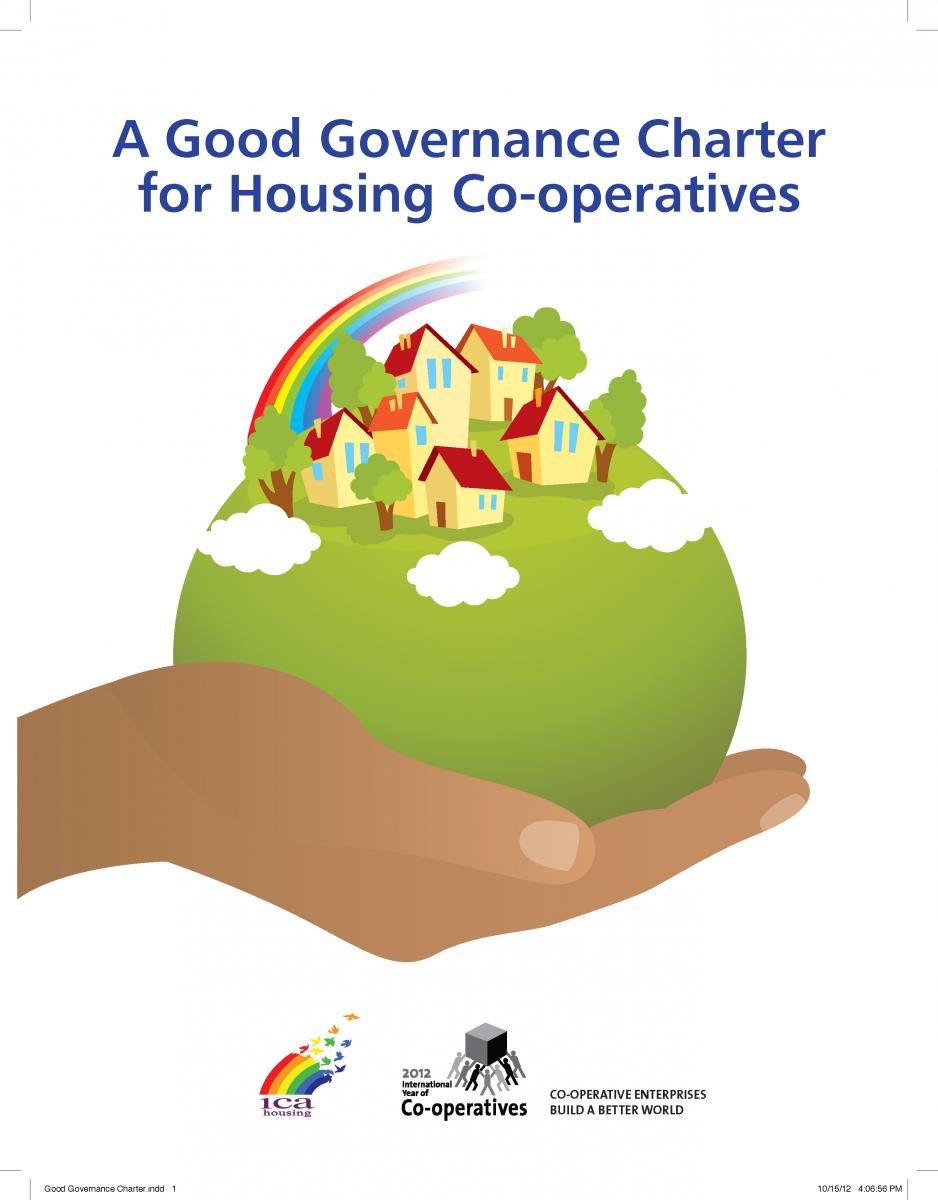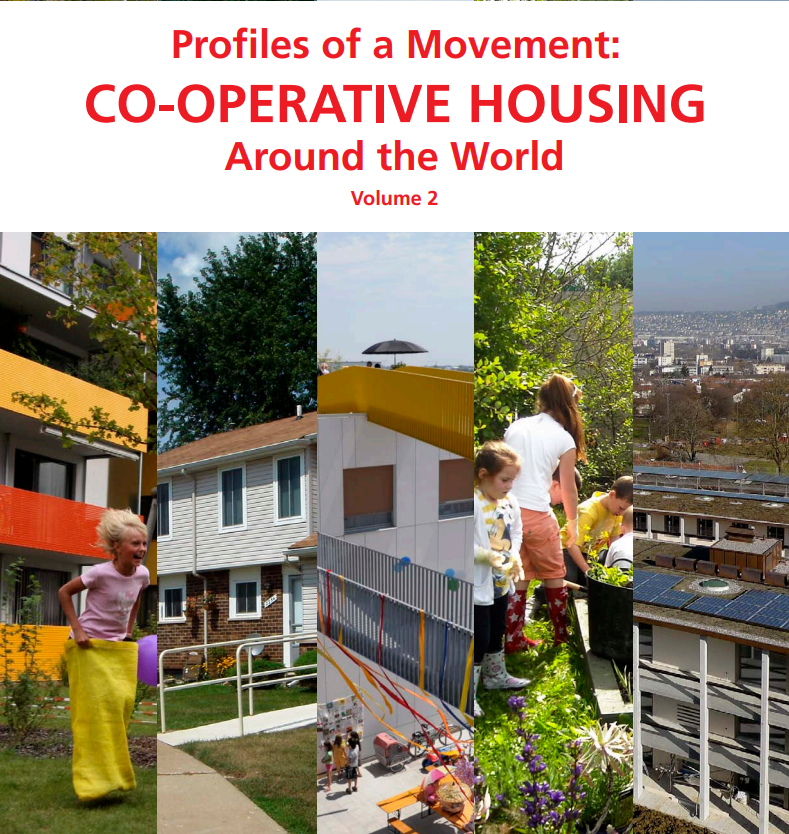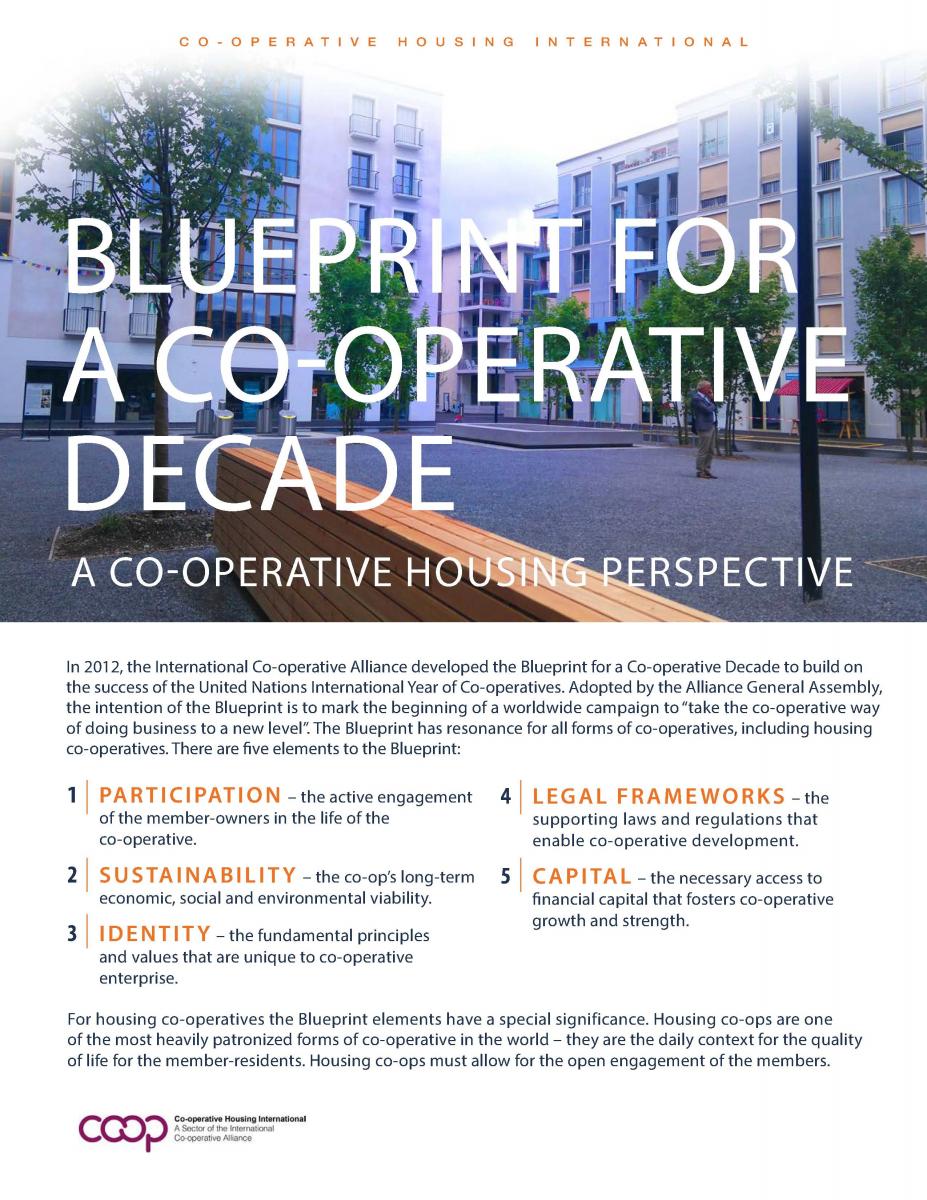About Senegal
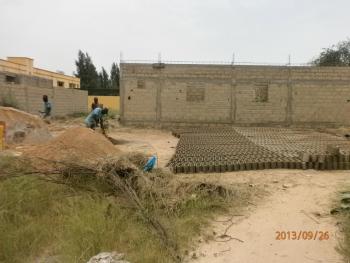
Coopérative des Encadreurs du Prytanée Militaire de Saint-Louis – COOPEP
Historical Overview
Housing cooperatives in Senegal began to emerge in the 1960s, initiated by community members without government support. Initially modest in scale, the Coopérative d’habitat des Castors in Dakar stands out as one of the earliest and still operational housing cooperatives in the country.
After Senegal’s independence in 1960, the government established support structures for cooperative development. From 1960 to 1980, the state promoted cooperatives, but due to minimal grassroots involvement, housing cooperatives were often viewed as extensions of government policy. A major milestone came in 1983 with the enactment of Law No. 83-07, which outlined the general status of cooperatives.
During the early 1980s, UN-Habitat began supporting Senegal’s housing cooperative sector. This led to the creation of the Banque de l’Habitat du Sénégal (BHS) and the Bureau d’Assistance aux Collectivités pour l’Habitat Social (BAHSO). While BHS focuses on financing, BAHSO supports housing policy implementation and assists cooperatives with technical and professional services. Despite this progress, their services have primarily been concentrated in Dakar.
Economic Liberalization and Its Impact
In the 1980s, international financial institutions required Senegal to liberalize its economy, leading to the dismantling of state-backed cooperative support structures. BHS and BAHSO, however, continued to function. Despite the existence of urban development master plans since 1946, actual improvements in housing have been limited by bureaucracy and lack of funding.
The Parcelles Assainies initiative, supported by the World Bank in the 1970s, aimed to provide low-income housing but failed to reach its target demographic due to land resales. In 1988, the government introduced the Integrated Development Zone (ZAC) policy, incorporated into the Urban Development Code in 2008, to facilitate planned urban growth. However, limited regional implementation and lengthy administrative processes hindered its effectiveness.
Current Policy and Social Context
The National Economic and Social Development Strategy, aligned with the Millennium Development Goals, commits to relocating vulnerable populations and promoting social housing. A housing policy (2010–2025) further supports sustainable urban development and slum reduction. However, implementation gaps persist.
Urbanization in Senegal is rapid. As of 2011, nearly half of the population lived in urban areas, with Dakar alone housing over 50% of the national population. Youth make up a large share of the population, and over half of families live below the poverty line.
Housing shortages are critical, with demand vastly outpacing supply. Informal housing comprises 30–40% of urban areas, often lacking basic services. In Dakar, the housing deficit stood at 115,000 units in 2002. Self-built housing covers 85% of the demand due to the limitations of the formal sector.
Barriers to Cooperative Housing Development
Cooperatives face numerous challenges:
- Land Access: Land within ZACs is hard to access due to bureaucracy and administrative delays.
- Financing: Traditional banks impose strict lending conditions. Microfinance options are often costly. Many members fear mortgages due to job insecurity.
- Project Delays: Extensive red tape and overlapping departmental responsibilities cause projects to drag on for years.
- Infrastructure Costs: Cooperatives must often fund essential infrastructure, adding significant financial strain.
- Lack of Professional Capacity: Cooperatives are volunteer-run and lack trained personnel, which hampers effective governance and project management.
At the 2012 National Co-operative Housing Conference, cooperatives called for greater government support, streamlined land access, and tailored financial products.
Characteristics of Senegalese Housing Cooperatives
- Average membership ranges from 50–100, with some exceeding 300–500.
- Cooperatives oversee the full housing process, from land acquisition to construction.
- Most are managed on a volunteer basis and dissolve after project completion, leading to a loss of institutional knowledge.
- Membership is diverse but skewed towards salaried employees, as financial institutions prefer borrowers with steady incomes.
- Employers may support cooperatives by offering payroll deductions, financial contributions, or professional services.
Financing Mechanisms
- Member savings are the primary source of funding, often deposited at BHS.
- BHS offers loans at lower interest rates (7%) compared to private banks and microfinance institutions.
- Long-term financing remains a challenge, especially for informal workers.
- Government support includes free land through ZACs and tax breaks (e.g., reduced registration taxes and exemptions for qualifying social housing projects).
Legal and Institutional Framework
Senegal’s housing cooperatives operate under a complex legal system:
- Uniform Act on Cooperative Corporations (2010): Defines cooperative operations and obligations.
- Urban Development Code (2008): Regulates planning and construction.
- Environment Code (2001): Covers sustainable development.
- Land Laws (1964 & 1976): Define government land management roles.
- Local Communities Code (1996): Outlines local land administration authority.
- Construction Code (2009): Establishes sector standards.
Stakeholders argue for a “single window” system to simplify project approvals.
National Union of Housing Cooperatives (UNACOOP – HABITAT)
Established in 1999, UNACOOP-HABITAT coordinates and supports regional housing cooperatives. Six regional unions operate in Ziguinchor, Kaolack, Louga, St-Louis, Thiès, and Dakar.
Regional union responsibilities include:
- Promoting cooperative and social housing
- Facilitating land acquisition
- Providing shared services and fostering inter-cooperation
- Mediating conflicts and promoting good governance
- Representing cooperatives to public and private institutions
International organizations such as SOCODEVI and RIED have collaborated with Senegalese unions to bolster their role in social housing.
The housing cooperative movement in Senegal continues to operate primarily through volunteer efforts, with significant potential to grow if systemic challenges can be addressed.

Coopérative d’habitat des Agents de la SAED et Affiliés – CHASA
Resources Tagged "Senegal"
The Cooperative Identity — the shared values and principles that unite cooperatives worldwide — is being revisited for the first time in decades. The International Cooperative Alliance (ICA) has released Discussion Draft 2 of ...Read More
Governance Global Study
The International Legal Research and Analysis Initiative (ILRAI) of the International Cooperative Alliance, coordinated by Cooperative Housing International, provides the first comparative legal analysis of cooperative housing fra ...Read More
Legal Global News Article
L'habitat coopératif offre des logements abordables à long terme, gérés par les résidents, avec des avantages sociaux, économiques et environnementaux avérés. Malgré son impact mondial, ce secteur reste méconnu.Read More
Financing and Development Global Report
Explore public policies supporting cooperative housing worldwide in this comprehensive report. Discover how governments and cooperatives collaborate to create sustainable and affordable housing solutions globally.Read More
Research Global Research Paper
The Commission's final report on Cooperative and Mutual Housing (Bringing Democracy Home) highlighted the need for consideration of the role that cooperative and mutual housing could play in the national housing strategy. The Fina ...Read More
Financing and Development Global Report
Par cette publication, nous souhaitons ouvrir le débat sur le logement en tant que droit fondamental et enjeu métropolitain, en mettant en lumière l’expérience de grandes métropoles et dans l’espoir d’inspirer des idées nouvelles pour aborder cet enjeu absolument fondamental de l’urbanisation moderne.Read More
Advocacy Global
In 2000, United Nations (UN) member states recognised the need to build global partnerships for development and the exchange of expertise as one of the Millennium Development Goals. Across the international development field, part ...Read More
Financing and Development Global
New report: The Capital Conundrum for Co-operatives "The Capital Conundrum for Co-operatives", a new report released by the Alliance’s Blue Ribbon Commission explores ideas and options available to co-operatives that need suitab ...Read More
Financing and Development Global
Financing the development of housing co-operatives is a challenge and more so in time of financial restrictions and uncertainty. CHI members discussed the issue during a seminar held in November 2009 in Geneva. Presentations w ...Read More
Financing and Development Global
The Forest Products Annual Market Review 2013 reports that the development of new refinement processes has led to the production of new and more affordable wood based products such as cross-laminated timber (CLT). The report sta ...Read More
Sustainability Global
Updated Guidance Notes on the Co-operative Principles, edited by David Rodgers, former President of Co-operative Housing InternationalRead More
Governance Global
The ILO views cooperatives as important in improving the living and working conditions of women and men globally as well as making essential infrastructure and services available even in areas neglected by the state and investor-driven enterprises. Cooperatives have a proven record of creating and sustaining employment – they provide over 100 million jobs today; they advance the ILO’s Global Employment Agenda and contribute to promoting decent work.Read More
Legal Global
Cooperative housing offers long-term, affordable homes governed by residents, with proven social, economic, and environmental benefits. Despite its global impact, the sector remains under-recognized.Read More
Financing and Development Europe Report
Student housing cooperatives have become very popular in the USA and many of these housing co-operatives are members of organizations such as NASCO. Unlike a resident who acquires shares at market rates to earn the right to occupy ...Read More
Community Global
The Good Governance Charter for Housing Co-operatives was launched at the ICA Housing Plenary in Manchester in November 2012.It has three parts:A 10-point set of good governance practicesAn interpretive statement for each good p ...Read More
Governance Global
This second volume of Housing Co-operative Profiles focuses on African countries, showcasing the ingenuity and commitment of cooperators working under difficult conditions. It offers insights into the legal, financial, and historical contexts of housing co-ops, aiming to inspire broader adoption of the model as a solution to the global housing crisis.Read More
Community Global Report
The Blueprint for a Co-operative Decade is a worldwide campaign to “take the co-operative way of doing business to a new level”. The five key elements of the Blueprint are participation, sustainability, identity, legal frameworks and capital. The Blueprint is particularly relevant to co-operative housing and the Blueprint interpretation for co-operative housing below explains how.Read More
Governance Global

